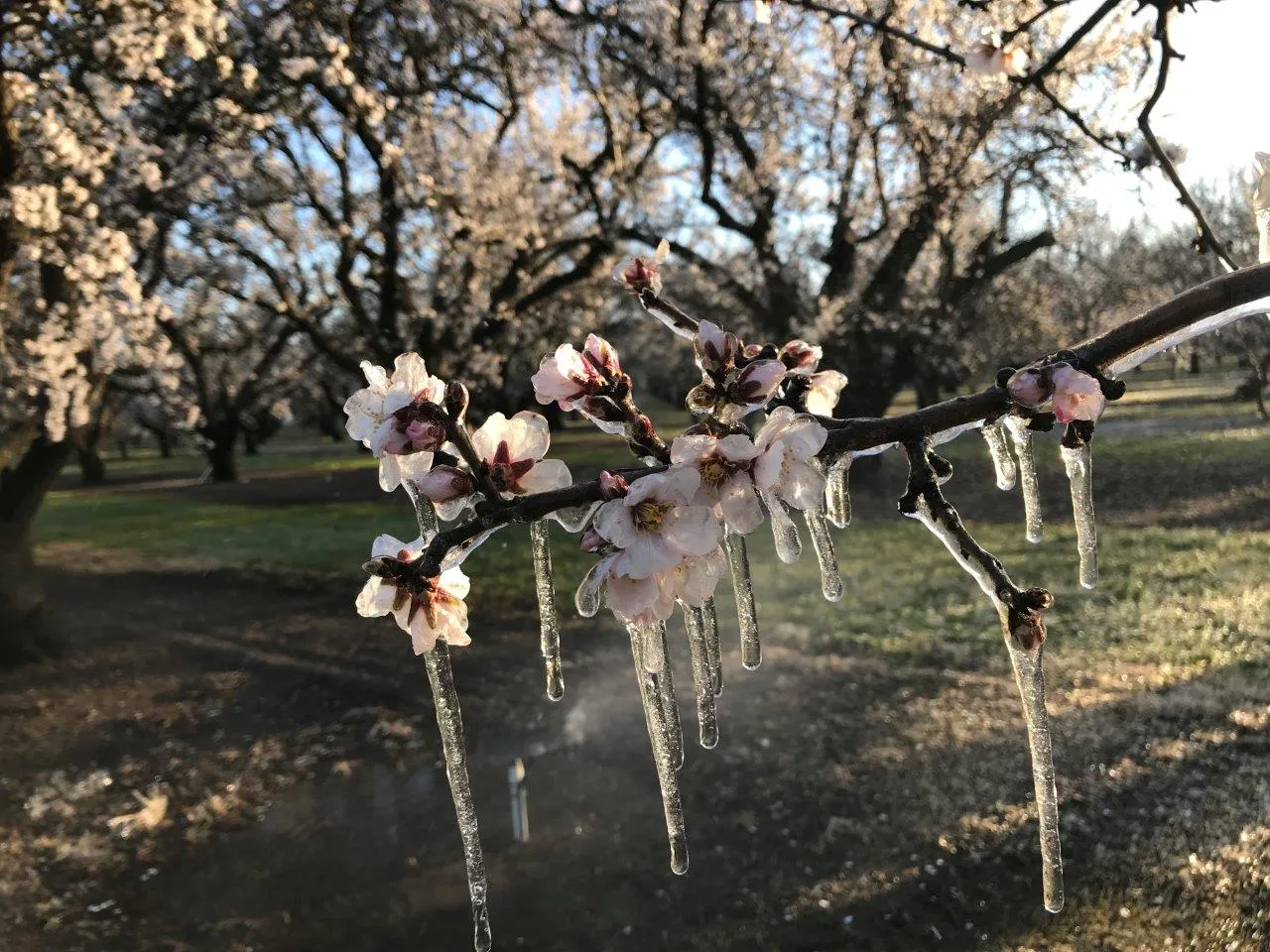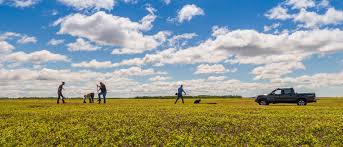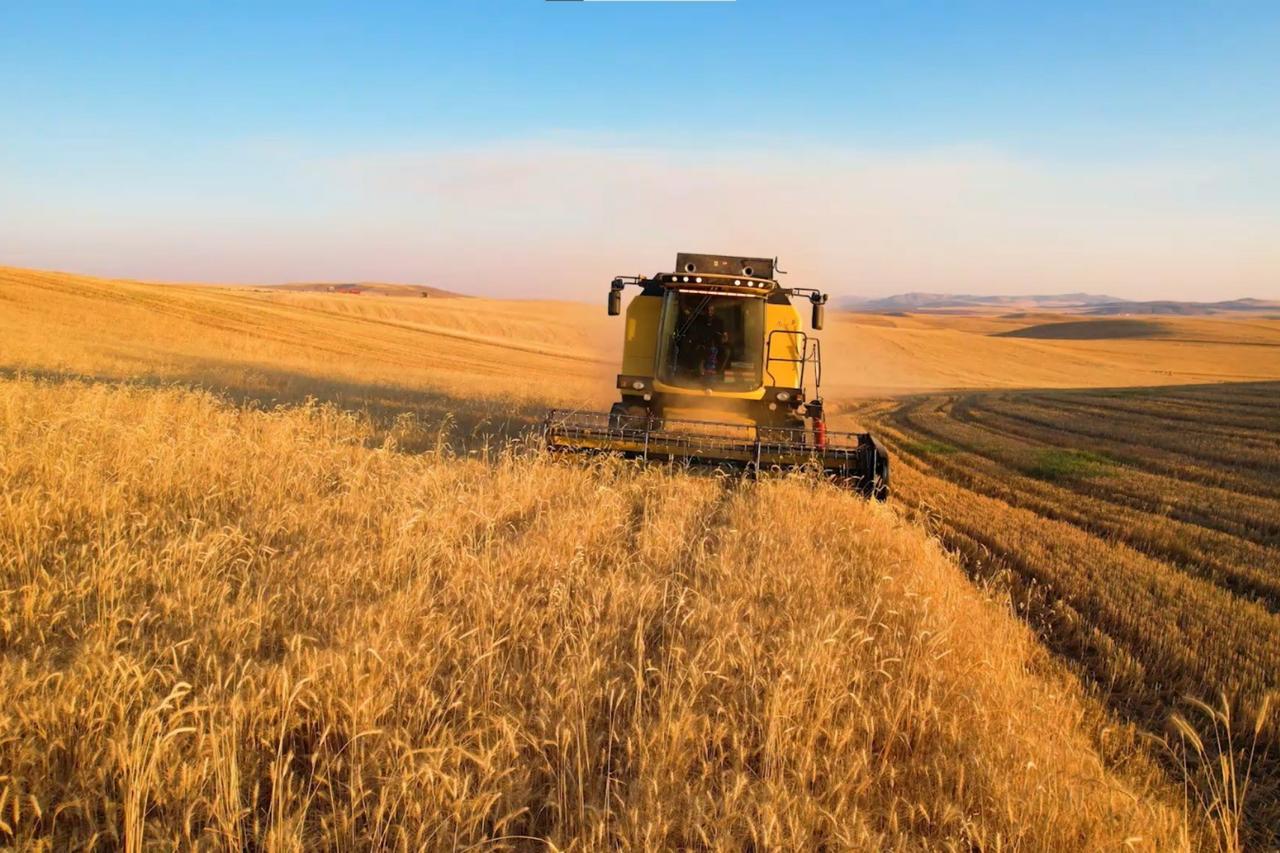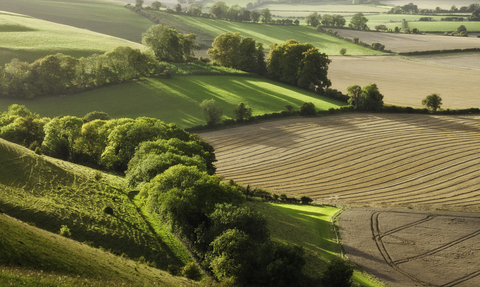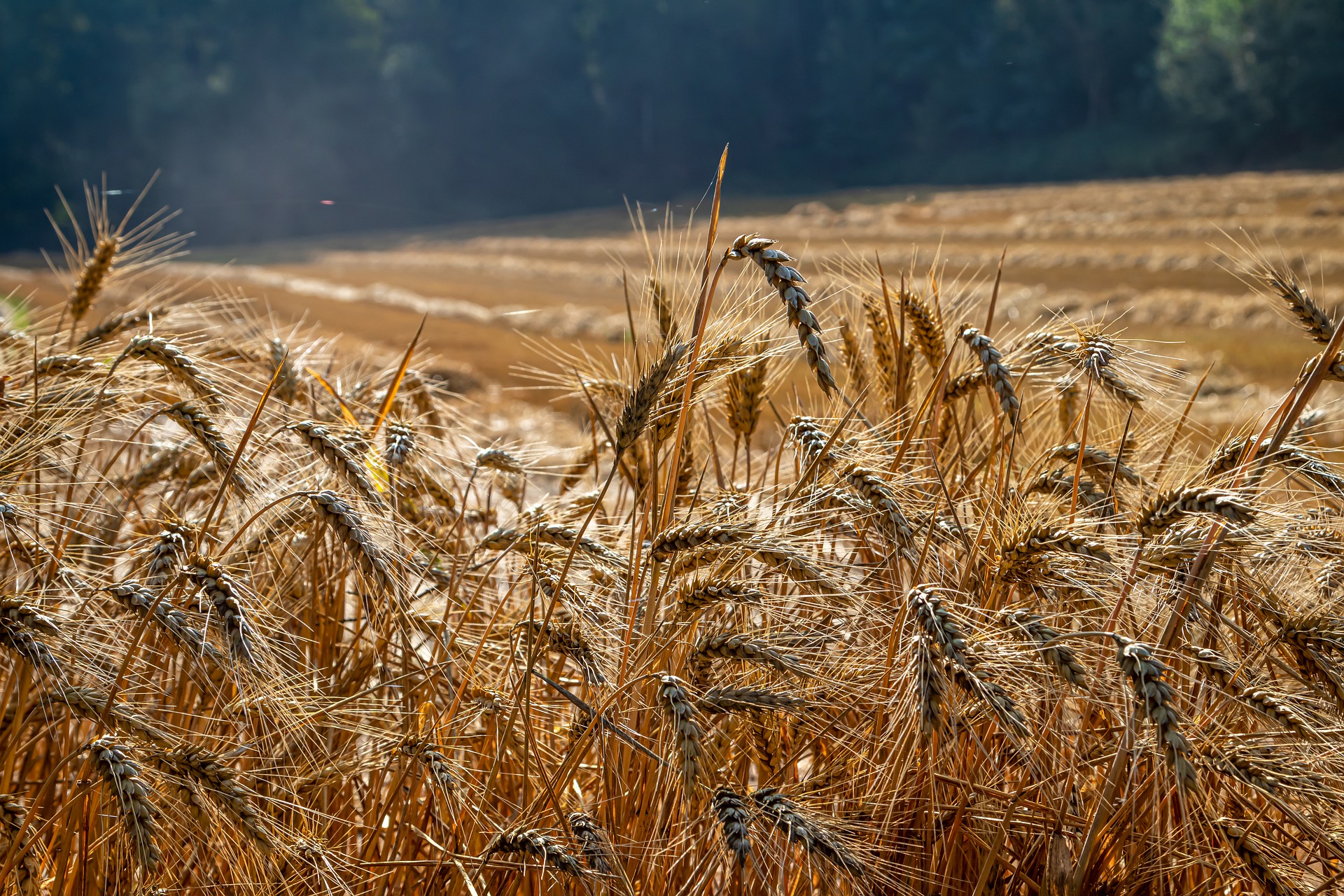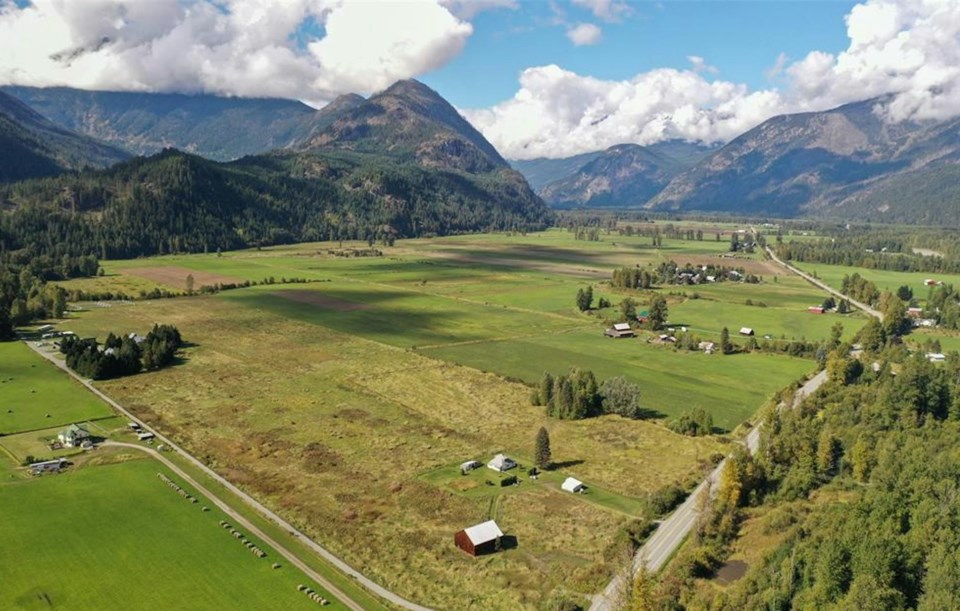Gov. Phil Scott has asked U.S. Agriculture Secretary Thomas Vilsack for financial relief for the state’s orchards and vineyards that suffered a devastating freeze last month, destroying the buds and blossoms of most of the 2023 fruit crop.
Scott, in a letter to Vilsack, said the May 17-18 freeze set records and destroyed upwards of 95 percent of the apple crop. Temperatures dropped as low as 20 degrees in some parts of the state, the governor noted.
Scott estimated damage to the apple crop at about $10 million, and to the state’s vineyards and wineries at about $1.2 million.
The University of Vermont did a preliminary survey and performed a quantitative assessment on selected farms, Scott’s letter noted. “In its survey, UVM received reports from at least nine counties recounting widespread damage to fruit crops, including apples, grapes, peaches, other stone fruit, and blueberries. Farmers reported debilitating damage with most orchards describing at least 95 percent crop losses,” he wrote
“In total, farmers reported approximately $5.8 million in projected orchard losses. The UVM Fruit Program estimates more than $10 million in total losses when including orchards that did not participate in the survey,” the letter stated.
Vineyards were also hard hit, and farmers reported an average 52 percent crop loss. Commercial vineyards in Chittenden County reported an average crop loss of 66 percent. The reported losses equal approximately $927,000 in damages, and UVM estimates $1.2 million in total losses when including non-reporting vineyards, the letter stated.
Last week, many Windham County orchardists, joined by others in New Hampshire and Chittenden County, gathered at Green Mountain Orchard in Putney to discuss their crop loss and what the government — state and federal — might do to help them. While the apple crop was virtually wiped out, several orchardists said their blueberry crop survived, although it was heavily damaged.
The farmers said their pick-your-own operations, which draw thousands of tourists to Vermont during the fall, would suffer enormously.
Only a fraction of the farmers, they noted and Scott said in his Vilsack letter, have crop insurance, which only covers a fraction of the crop loss.
“The hard frost destroyed fruit blossoms and damaged vines throughout the state. We anticipate severe crop losses,” Scott wrote to Vilsack.
Terence Bradshaw, director of the University of Vermont’s Horticulture Research and Education Center, said it is the worst freeze damage he has observed in more than 25 years in the industry.
“The damage is extensive and pervasive, and we anticipate small pick-your-own farms may be particularly impacted,” wrote Scott. “Unfortunately, most of Vermont’s orchards and vineyards do not have crop insurance.”
Scott noted that the cold weather “went well beyond Vermont’s borders. The cold temperatures were felt across the Northeast from New Jersey to New York to Pennsylvania and all corners of New England.”
In addition to Scott asking for the disaster declaration, agriculture secretaries, commissioners and directors around the Northeast, including Vermont Secretary of Agriculture Anson Tebbetts, have written to USDA asking for additional help.
In the Northeast letter they stated, “Collectively, we sit at a critical crossroad with our growers. Right now, growers are assessing their ability to stay in this industry. Unfortunately, many orchards, produce operations, and vineyards are either uninsured or under insured and insurance claims are unlikely to cover the total business loss from crop damage and reduced revenue from value-added products. Without aid, we will see devastating blows to local economies because of downsizing and closing businesses.”
“All ideas, including direct aid, are being advocated for with this potential disaster declaration. Providing our crop growers with options is a priority in this request,” said Scott Waterman, spokesman for the Vermont Agency of Agriculture, Food and Markets.
The state is urging any affected farmers to contact their local Farm Service Agency office, which is part of U.S. Department of Agriculture. For Windham and Windsor counties, the office is in Brattleboro.
Source - https://www.reformer.com


